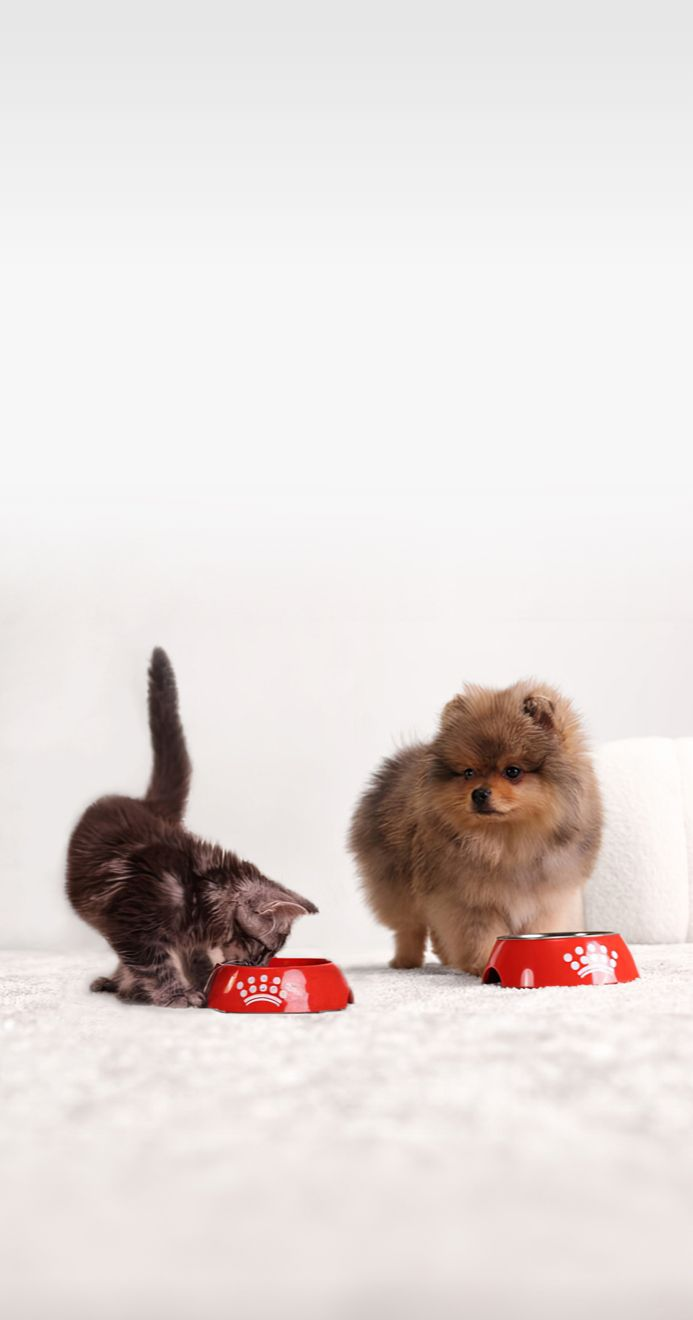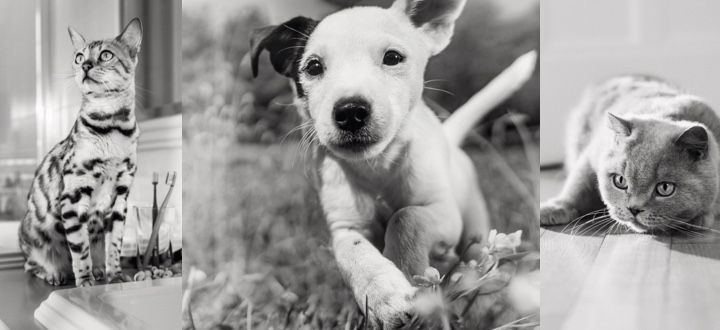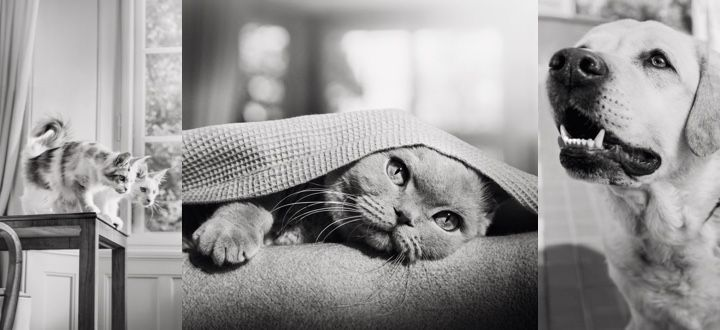
Chaque animal est unique,tout comme ses besoins nutritionnels
Découvrez nos nouveaux suppléments alimentaires
Soutenez les besoins en matière de santé de votre chien avec les suppléments Royal Canin.
Découvrez nos produits
Royal Canin® chez le vétérinaire
Les sensibilités requièrent des adaptations spécifiques. Nous avons donc développé une gamme pour aider les vétérinaires à donner des conseils nutritionnels spécifiques.

3 minutes
Trouvée l’alimentation adaptée à ses besoins
1
Répondez à quelques questions concernant votre animal de compagnie
2
Obtenez une recommandation nutritionnelle personnalisée
3
Bénéficiez d’un suivi de santé pour votre animal

Question? Contactez nous
Posez-nous une question via le formulaire de contact ou contactez-nous par téléphone au 0714-68331.
Nous sommes joignables les jours ouvrables entre 09h00 et 17h00.
Nous sommes joignables les jours ouvrables entre 09h00 et 17h00.
L’alimentation adaptée à chaque étape de croissance
La première année est essentielle pour le développement de la santé des chiots et des chatons. L'alimentation qu'ils reçoivent aujourd'hui influence leur santé pour le reste de leur vie.
Alimentation adaptée à chaque race
Chaque race est unique et il en va de même pour ses besoins en matière de santé. Nous serons ravis de vous conseiller et de vous informer sur la race la plus adaptée à votre personnalité ainsi que sur l’alimentation adéquate.
Articles et actualités Royal Canin
La santé est notre obsession
Royal Canin a été fondée en 1968 par un vétérinaire dans le but d'améliorer la santé des chats et des chiens par la nutrition. Cette mission est toujours au cœur de tout ce que nous entreprenons.

